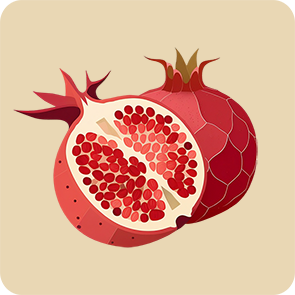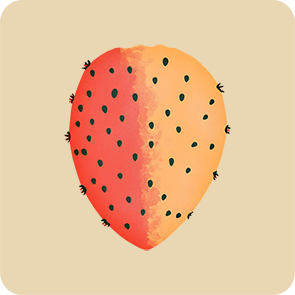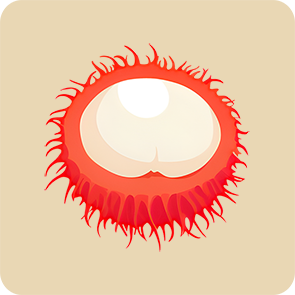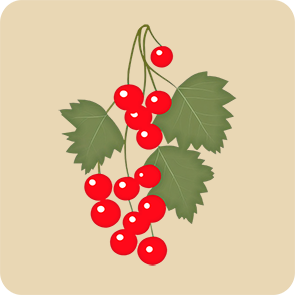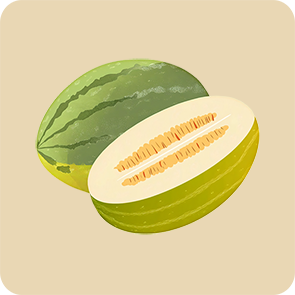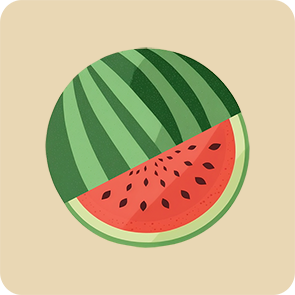
Redcurrant

Mandarin
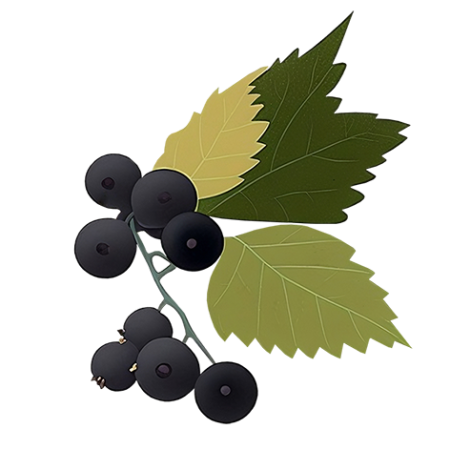
Black Currant
Small, dark purple berries known for their tart flavor and impressive nutrient content. They're a powerhouse fruit often used in juices, jams, and desserts.
0.5
1 medium berry
(5 calories in 10 berries)
CAL
A
Nutri-Score
Rich in vitamin C, fiber, and antioxidants with minimal sugar.
Value per 100 grams & per cup (110g):
63 kcal | 70 kcal
Protein
1.4 grams | 1.6 grams
Fats
0.4 grams | 0.5 grams
Carbohydrates
15.5 grams | 17 grams
Fiber
6.5 grams | 7.5 grams
Vitamins & Nutrients
- Vitamin C: Supports immune function, skin health, and collagen production.
- Vitamin A (beta-carotene): Promotes eye and skin health.
- Anthocyanins (antioxidants): Help reduce inflammation and may support brain and heart health.
- Iron: Supports blood health and oxygen transport.
Satiety and Feelings
Black currants are tart with a burst of juiciness. The high fiber content promotes digestive health and keeps you feeling full, making them a great addition to your diet.
What does 100 g look like?
About 100 berries or 1/2 cup
What does 2000/2500 calories look like?
About 3500 berries (4 kg).
Daily Value per 100 grams %
Vitamin C ⭐⭐
100%
Vitamin A
3%
Iron
8%
Fiber
25%
Protein
3%
Sodium (Salt)
0%
Carbohydrates
3%
Total Fat
0%
Saturated Fat
Saturated Fat
0%
Cholesterol (free)
0%
Sugar (natural)
5%
Calories
3%
Did you know?
- Black currants have one of the highest concentrations of vitamin C in any fruit.
- They were used in traditional medicine for their anti-inflammatory and immune-boosting properties.
- The leaves of black currants are also used in herbal teas to treat colds and coughs.
- During World War II, blackcurrants were promoted in the UK as a vitamin C source when citrus fruits were scarce.
Drawback
- The tartness may be too intense for some people, especially when eaten raw.
- Fresh black currants are often hard to find outside of specific regions or seasons.
- Can cause allergic reactions in sensitive individuals, especially when consumed in large quantities.




















































